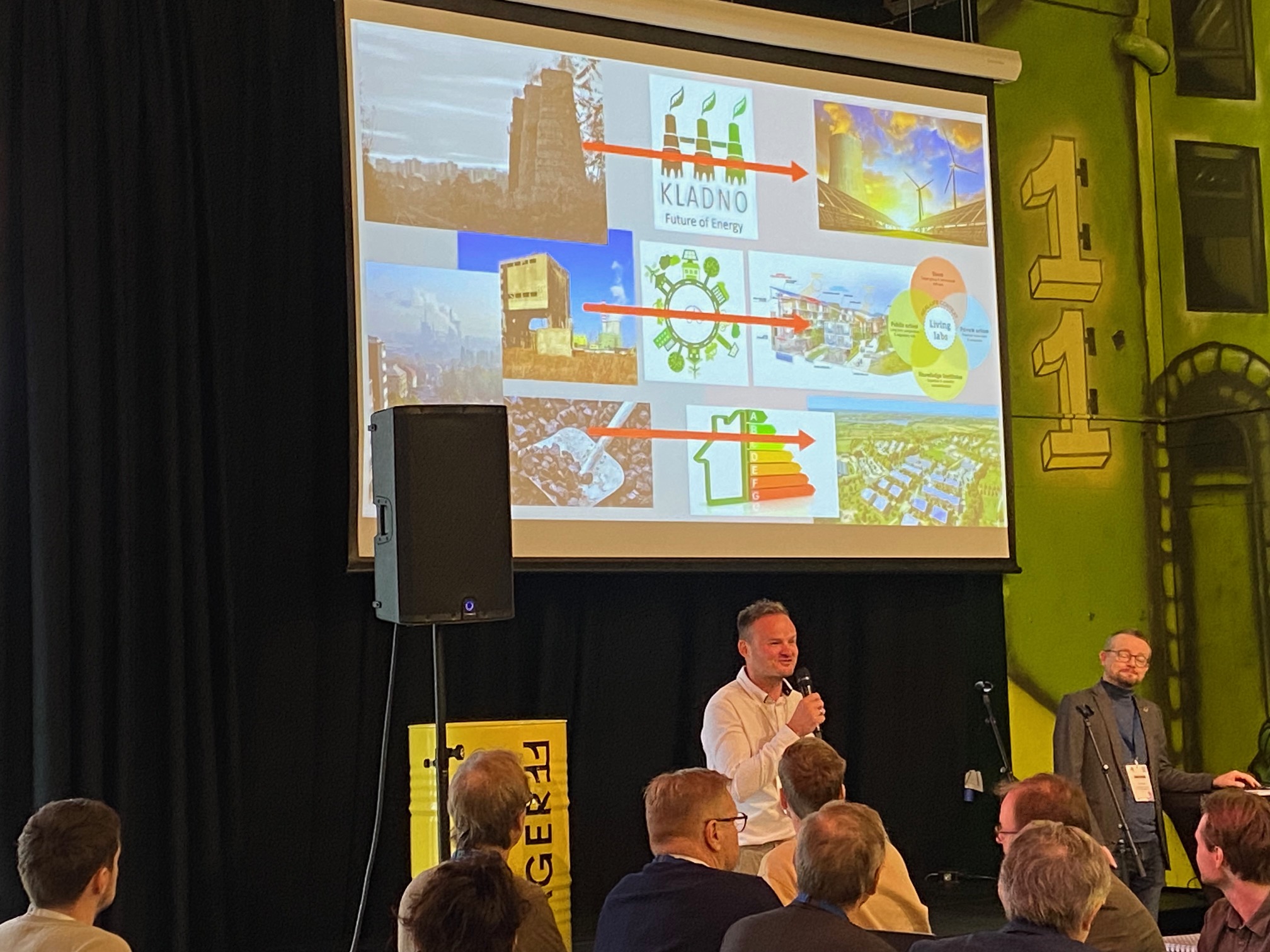Energy Communities Task Group: Paving the Way for Sustainable Urban Energy
The recently launched Energy Communities Task Group is set to foster decentralised and community-driven energy systems, including in SPARCS lighthouse and follower cities. Energy communities, a novel concept gaining traction in the energy sector, emphasise the active participation of citizens in the production, sharing, storage, distribution, and sale of electricity. The aim is to accelerate the transition to renewable energy sources, ensuring lower prices for consumers, and enhancing stability and flexibility in the energy market.
SPARCS, as a key project in the Energy Communities Task Group, has played a pivotal role in spearheading this initiative. With a commitment to smart and sustainable urban development, SPARCS recognises the potential of energy communities to embody the essence of a resilient city, driven by community engagement and local energy production.
Aligned visions
Energy communities align perfectly with the vision of a smart and sustainable city. Fuelled by community engagement, these communities produce and share locally produced sustainable energy, providing a shield against energy price spikes. The integration of prosumers into the energy landscape is crucial for achieving a decentralised model that promotes renewable energy sources and empowers citizens.
The Energy Communities Task Group has outlined key objectives to drive its mission:
- Sharing experiences: Examining approaches in different cities and states, including those within the SPARCS project, and sharing practical implementation attributes.
- Mapping factors and challenges: Identifying enabling and driving factors, showcasing positive examples of national regulatory strategies, and addressing challenges faced by energy communities.
- Developing a methodology framework: Gathering ideas to create a common methodology framework, addressing principles, legislation issues, technical schemes, digitalisation aspects, payment systems, and more.
- Enhancing financial models: Developing a risk assessment methodology to verify roles of partners, analyse business models, and enable successful preparation and implementation of energy communities.
- Practical tools for mutual learning: Creating tools for mutual learning, including a repository of findings, use cases, project outputs, and facilitating peer-to-peer exchange between partners.
- Influencing policy: Preparing policy-oriented recommendations to influence EU and national frameworks, providing insights and suggestions for authorities and further research.
Next steps and expected outcome
The Energy Communities Task Group has already held physical meetings in Trondheim and Barcelona, with more planned for the upcoming year. Kladno is taking the lead, supported by other members, many of whom are associated with the SPARCS project. The roadmap outlines important milestones, including kick-off work of experts in February, and various meetings leading up to the SPARCS event in September 2024.
By addressing challenges related to regulatory contexts, business models, project management, and risks, the Energy Communities Task Group aims to contribute significantly to the development and implementation of sustainable and community-driven energy solutions. As the group progresses, it will share its findings, recommendations, and policy-oriented outcomes, influencing the future landscape of energy communities in both local and European contexts.

